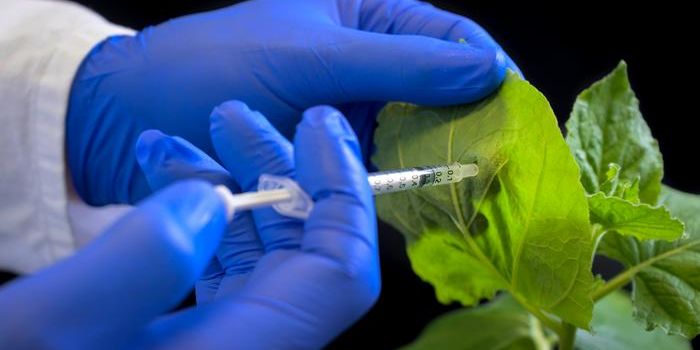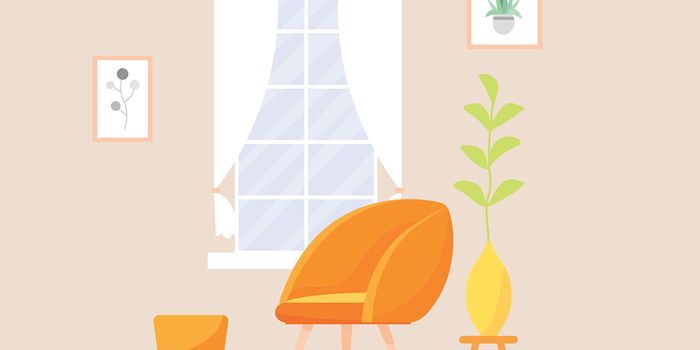How Does Blue Light from Digital Screens Affect Us As We Age?
Digital screens are now ubiquitous in our society. Whether T.V.s, laptops, or phones, we engage with screens essentially every day. Many of these screens, primarily LED screens, produce what’s called “blue light,” or light that falls within blue wavelengths. Research has shown that blue light can have adverse health effects, particularly around sleep. That’s because blue light increases our state of alertness, something we want to avoid when we’re trying to sleep at night.
However, the presence of blue light in our lives has not exactly been around for all that long, making it challenging to ascertain how it affects longevity and the human lifespan. A new study conducted by researchers at Oregon State University shows how blue light affects people as we get older.
The study, published in Nature Partner Journals Aging, looks at how blue light impacts the lifespace of the Drosophilia melanogaster fruit fly. This particular fly has been used as a model in other types of studies because it shares certain cellular similarities with humans, making it an ideal first step to study things like the effects of blue light on humans.
In the study, researchers monitored how living in darkness and then living in a blue-light environment impacted the survival rates of fruit flies. In particular, researchers looked at how transitioning between dark and light impacted the mitochondria in flies. Researchers transitioned flies at different ages, ranging from two to 60 days.
By studying mitochondria, researchers were able to show that blue light exposure changes certain reactions occurring in mitochondria. Specifically, energy production was negatively impacted by constant exposure to blue light, though some energy production was affected by virtue of the flies aging. Essentially, aging flies are already experiencing decreases in mitochondrial energy production. Blue light only makes it worse, accelerating the aging process
These findings suggest that as the flies got older, they were more susceptible to harm from constant blue light exposure. While not conclusive for humans, it does raise questions about our exposure to blue light. Researchers point to the disruptions in sleep and circadian rhythms caused by blue light as a potential reason for changes to cellular energy production.
Sources: EurekaAlert!; Harvard; Nature Partner Journals Aging








